We had been using Math.random to get random numbers between 4000-64000.:
Math.floor(Math.random() * 60000 + 4000);
We have to now replace this with a more cryptographically secure random number generator. After searching on this issue we have decided to go with window.crypto.getRandomValues. I am not able to figure out how to use this to get a random number between a particular range. Can someone please help out.
